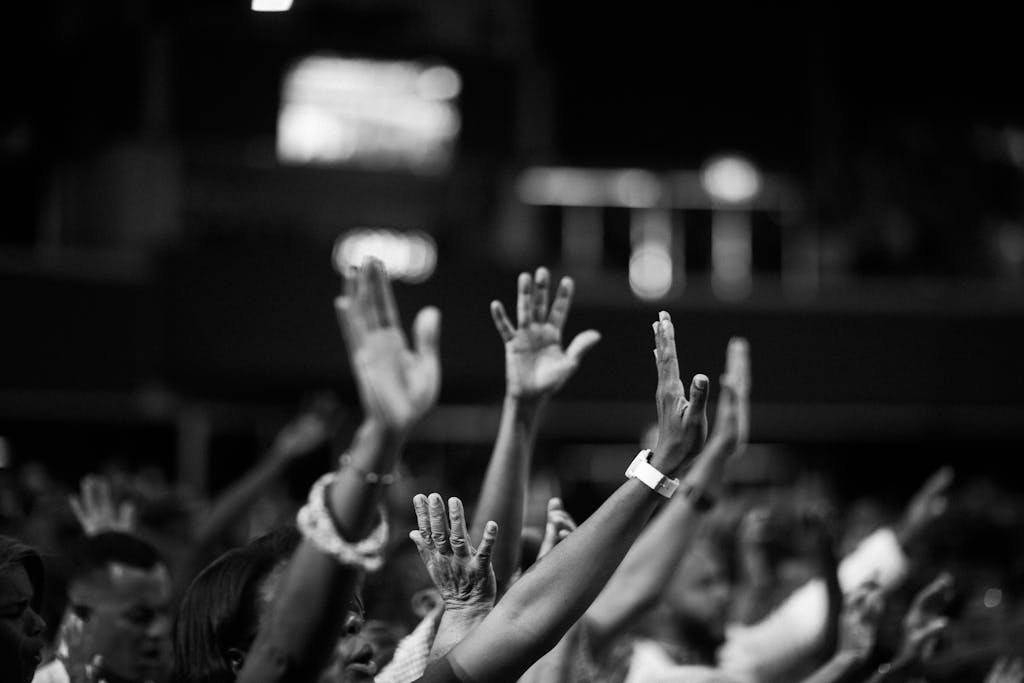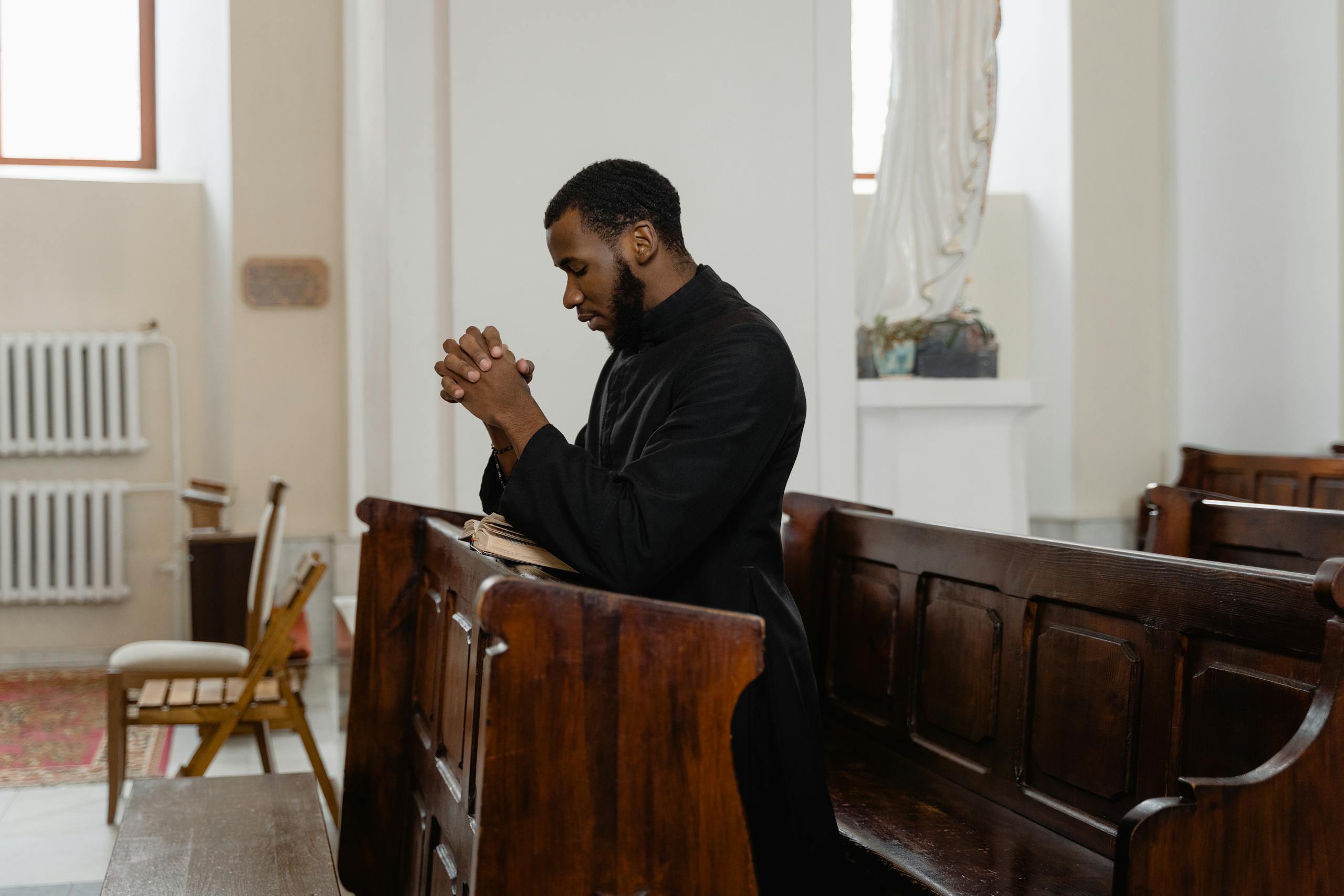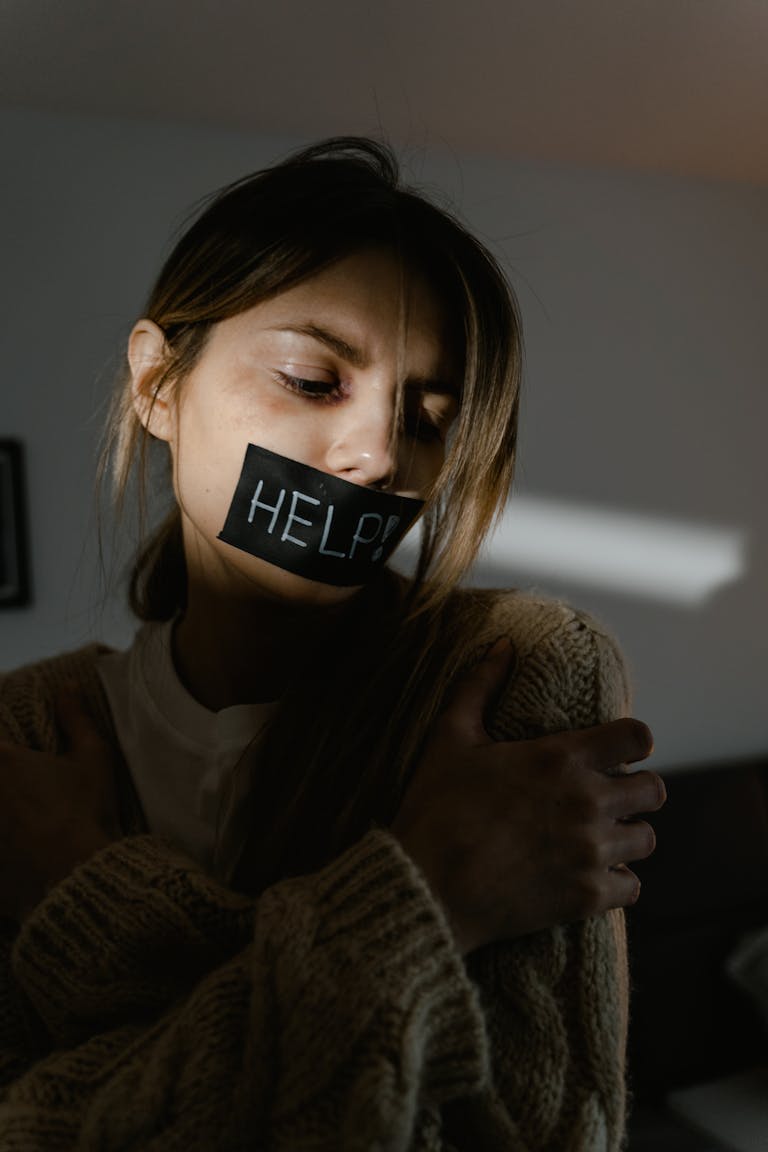Therapy and Spirituality: A Powerful Duo for Healing
In many Black and Brown communities, the church is more than just a building—it’s a home, a safe space, and a strong source of support. For generations, faith has helped people face life’s hardest moments, offering hope, strength, and connection.
But when it comes to mental health, many still struggle in silence. Stigma, misunderstandings about therapy, and the belief that faith alone should be enough often stop people from getting the care they need. The truth is, faith and therapy can work together to bring powerful healing.
Faith as a Source of Strength
Faith is deeply important in the lives of many people of color. Spiritual practices—like prayer, reading sacred texts, and meditation—can bring peace during emotional pain. Churches offer a sense of belonging, especially during hard times.
Research shows that being part of a faith community can:
- Reduce stress
- Encourage healthy coping
- Improve overall health
Still, while faith brings comfort, it can’t replace the care of a trained mental health professional—especially for serious mental health issues like depression, anxiety, or PTSD.


Where Churches Need More Support
Churches are loving spaces, but many are not fully equipped to handle mental health challenges. Here are some common gaps:
- Lack of Training: Most pastors and church leaders aren’t trained to recognize signs of mental illness.
- Over-Spiritualizing Mental Health: Some believe that prayer alone can “heal” mental health issues, which may delay real treatment.
- Ongoing Stigma: Many still view mental illness as a sign of weak faith or personal failure. This makes it hard for people to speak openly or seek help.
These challenges don’t come from a lack of love—but from a need for more mental health education and support.
How Churches and Therapists Can Work Together
To serve Black and Brown communities better, we need both faith and mental health support—not one or the other. Here’s how we can move forward:
1. Clergy as First Responders
Pastors are often the first people someone turns to in a crisis. With proper training, clergy can:
- Spot signs of mental distress
- Offer short-term emotional support
- Refer individuals to licensed therapists when needed
2. Therapists Who Respect Faith
Mental health providers should honor spiritual beliefs, not ignore them. When therapy respects a person’s faith, it builds trust and helps healing go deeper.
3. Shared Goals, Shared Healing
Both pastors and therapists want the same thing: to help people heal and grow. By working together, they can create a stronger, more culturally sensitive support system.
True healing in Black and Brown communities happens when we connect the power of faith with the tools of therapy..

Changing the Story Around Faith and Mental Health
In many churches, people still see going to therapy as a sign of weak faith. But we need to change that story. Getting therapy is not a lack of faith—it’s a brave step toward healing.
We visit doctors when we’re physically sick. In the same way, it’s okay—and important—to seek therapy when we’re emotionally hurting. Churches should be safe places where these conversations happen without shame.
Likewise, therapists should be trained to work with faith leaders, not around them. This ensures that care is culturally and spiritually aligned with each person’s needs.
Conclusion: Healing is Stronger When We Work Together
True healing in Black and Brown communities happens when we connect the power of faith with the tools of therapy. The church has a beautiful role to play—not by replacing mental health care, but by supporting it.
By working together, pastors and therapists can break stigma, build trust, and create safe spaces where people feel seen, heard, and supported.
Let’s build a bridge between the pulpit and the therapy room—so healing can reach every heart, mind, and spirit.












